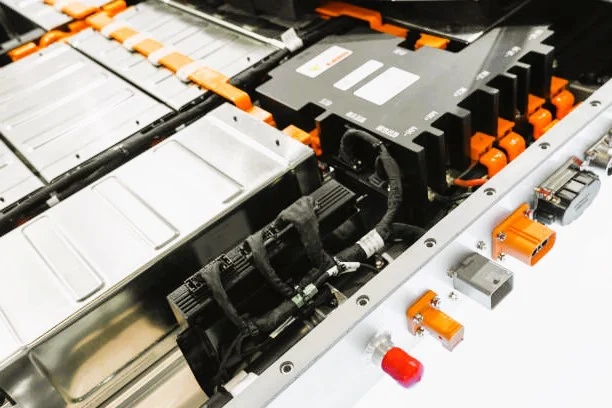Battery Management Systems for Lithium Batteries: Ensuring Optimal Performance
Battery management systems (BMS) play a pivotal role in optimizing the performance, safety, and lifespan of lithium-ion batteries. These systems address critical aspects such as battery thermal management, environmental impact, and recycling, making them indispensable in modern energy solutions.
Understanding the Role of Battery Management Systems
what is a Battery Management System?
- A BMS is an electronic control system that monitors and regulates a battery’s performance.
- It ensures safety, efficiency, and longevity by preventing overcharging, overheating, and deep discharges.
Why Are Lithium-ion Batteries Unique?
- They offer high energy density, making them ideal for applications like electric vehicles (EVs) and renewable energy storage.
- However, they require precise management due to sensitivity to temperature and charging cycles.
Key Functions of a Battery Management System
Battery Thermal Management
- Prevents overheating, which can lead to performance degradation or safety risks.
- Uses thermal sensors and cooling systems to maintain optimal operating temperatures.
Voltage and Current Regulation
- Monitors individual cells within the battery to prevent imbalances.
- Regulates charging and discharging rates, ensuring safe and efficient energy flow.
Data Collection and Analysis
- Tracks metrics such as state of charge (SoC) and state of health (SoH).
- Provides insights for predictive maintenance and system optimization.
Addressing Environmental Impact
Reducing Battery Waste
- BMS technology prolongs battery life, reducing the frequency of replacements.
- Efficient management systems lower the overall environmental footprint of battery production and disposal.
Battery Recycling and Circular Economy
- Enables safe disassembly and recovery of valuable materials like lithium, cobalt, and nickel.
- Supports sustainability by integrating recycled components into new batteries.
Applications of BMS in Lithium-ion Batteries
- Electric Vehicles (EVs)
- Monitors battery performance to maximize driving range and ensure safety.
- Integrates with vehicle systems to enhance energy efficiency during operation.
- Renewable Energy Storage
- Supports grid-scale storage solutions by managing charge cycles and energy distribution.
- Facilitates efficient use of renewable resources like solar and wind power.
- Consumer Electronics
- Ensures reliability in devices like smartphones and laptops, which require compact and durable power sources.
- Protects against risks such as battery swelling or unexpected shutdowns.
Innovations in Battery Management Systems
Smart BMS Technology
- Incorporates artificial intelligence (AI) and machine learning for advanced analytics.
- Predicts potential failures and suggests preventive measures, reducing downtime.
Wireless BMS Solutions
- Eliminates wiring, reducing weight and complexity in EV and storage systems.
- Enhances scalability and flexibility for modular battery designs.
Integration with IoT
- Enables remote monitoring and control of battery systems in real-time.
- Offers users greater visibility and control over energy usage.
Challenges in BMS Implementation
Cost Constraints
- Advanced BMS solutions can be expensive, especially for large-scale applications.
- Continued innovation is required to balance cost and performance.
Compatibility Issues
- Different lithium-ion chemistries require tailored management systems.
- Ensuring compatibility across various applications is a critical challenge.
Regulatory Standards
- Adhering to evolving safety and environmental standards requires ongoing updates to BMS design.
- Global variations in regulations complicate the deployment of standardized systems.

